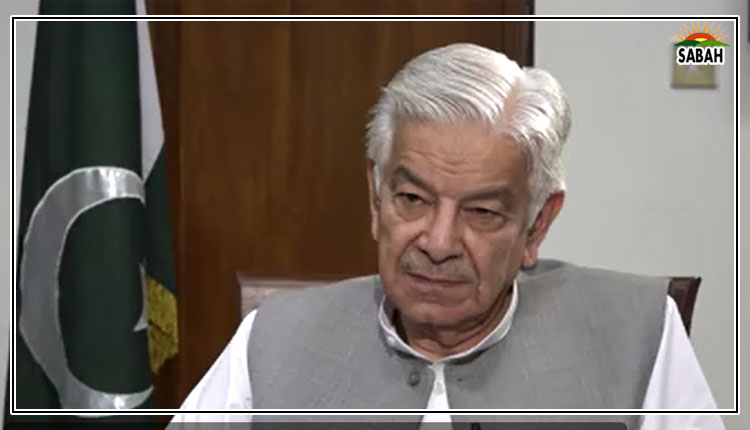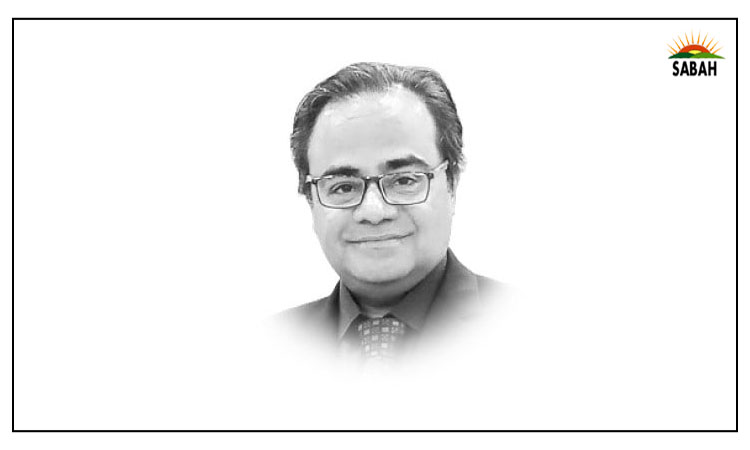Pakistan’s 77th Independence Day and the path to redemption… Majid Burfat
The foundation of Pakistan is not a work of mere sentiment or logic, but the product of historical processes.
Quaid-e-Azam Muhammad Ali Jinnah
Each August 14th, as Pakistan adorns itself in its emerald cloak, this profound sentiment resonates once again. Flags wave proudly, symbolising the dream that sparked the birth of a nation. Yet, beneath this festive surface, a disquiet stirs, casting a shadow over our celebrations. As Pakistan approaches its 77th Independence Day, the weight of unfulfilled promises and unrealised potential looms heavy. This day is not merely a commemoration; it stands at a critical crossroads, where the possibility of a brighter future teeters on the edge of uncertainty.
When Jinnah, in 1940, proclaimed that “the Muslims of India now need a homeland where they can live according to their own culture and laws”, he articulated a profound yearning for a homeland – a sanctuary where Muslims could thrive and shape their destiny. The dream of Pakistan was born from this aspiration for a refuge that would not only honour Islamic principles but also embrace its diverse fabric. Jinnah’s call for ‘Unity, Faith and Discipline’ ignited a collective passion for a just and equitable society.
Yet, the fledgling nation soon faced harsh and unyielding realities. Political instability emerged as a relentless adversary, marked by cycles of military rule and ethnic strife. These recurring upheavals fractured the social fabric, undermining the initial sense of national unity and eroding the dream of an inclusive Pakistan where prosperity would be accessible to all. With each passing decade, this dream seemed to recede further into the distance.
Corruption has become a pervasive malignancy, draining resources that should have been invested in education, healthcare and infrastructure. The glaring disparity between the elite’s opulent lifestyles and the daily struggles of ordinary citizens serves as a stark indictment of a social contract that has failed miserably.
The latest data reveals a grim reality: 21% of Pakistanis live below the poverty line, a stark reflection of the deepening economic divide. Pakistan’s most valuable asset – its youth – is fleeing in droves. A Unesco report highlights a catastrophic brain drain, with approximately 800,000 highly skilled professionals abandoning the country each year. This exodus signifies a collective loss of hope and a generation opting for opportunities in more welcoming environments.
The burden of national debt is another pressing crisis. Years of fiscal mismanagement have led to a ballooning deficit, making the government heavily reliant on foreign loans. Ordinary citizens bear the harsh consequences, with crushing taxes and rampant inflation eroding their already meager incomes. Essential commodities have become increasingly unaffordable, with malnutrition rates among children exceeding 40%, and access to quality healthcare remaining a distant dream.
As Pakistan celebrates its 77th Independence Day, it must confront the dual reality of past achievements and present failures. This day should serve as more than just a commemoration; it must be a resounding call to action, a clarion demand to transcend apathy and reclaim the vision that once sparked a nation. The path forward is fraught with challenges. Accountability must replace impunity, and the focus must shift from personal gain to collective progress. Investment in education, healthcare and infrastructure must become national imperatives. The narrative must evolve from ‘us vs them’ to ‘we the people’, fostering a spirit of unity and a shared vision for a prosperous future.
Pakistan’s story is far from complete. It is a narrative awaiting a transformative rewrite, a future yearning to be sculpted. The responsibility for this transformation lies not solely with leaders but with every citizen. Our youth, the architects of tomorrow, must rise and demand change. The voices of the impoverished must be heard, not as faint whispers but as a thunderous demand for justice and reform.
We possess invaluable resources – a dynamic, youthful population and a geostrategic location that many covet. Yet, these assets lie dormant without leadership dedicated to a vision beyond personal gain. We must draw lessons from our past and move forward with determination, leveraging our strengths while addressing our weaknesses.
This Independence Day, let us pledge not just allegiance to a flag but to the ideals it embodies: justice, equality and opportunity for all. Let us honour the sacrifices of those who fought for our freedom, not with mere ceremonies, but with a renewed and unwavering commitment to build a Pakistan worthy of their dreams. The time for lament is over; the time for decisive action is now. Let the 77th Independence Day mark a turning point, a day when a united nation embarks on a journey to mend the wounds of the past and forge a future brimming with hope. Let the fervour of Independence Day translate into a collective will to construct a Pakistan that is not only free but also fair, prosperous and a beacon of progress for future generations.
This is not merely a call for top-down reform; it is a call to action for every Pakistani. The shopkeepers who resist inflating prices, the students who demand high-quality education, the voters who hold leaders accountable – each action, no matter how small, has the potential to effect meaningful change. We must break the cycle of apathy and cultivate a spirit of civic responsibility. Let us celebrate our diversity, not weaponise it. Let us channel the entrepreneurial spirit thriving in our markets towards innovation and progress.
Pakistan’s story is far from over. The potential for a brighter future lies within each citizen. Let us rewrite the narrative, not with anger or despair, but with a renewed sense of purpose and determination. Let the 77th Independence Day stand as a declaration of our steadfast commitment to build a Pakistan that honours the dreams of its founders and meets the aspirations of its people.
This journey will be arduous. There will be challenges and setbacks. But as Ian Talbot, a British historian and author of Pakistan: A Modern History, noted: “Pakistan is a country of immense potential, blessed with a rich tapestry of cultures, a strategic location, and a young and vibrant population. Its future depends on its ability to harness this potential and overcome the challenges it faces.”
Talbot’s words are a powerful reminder. Let us embrace our strengths, learn from our past, and work together to build a Pakistan that truly reflects the vision of its founding fathers. United in purpose, Pakistan can rise to its full potential and become a beacon of hope in the region.
Courtesy The Express Tribune












